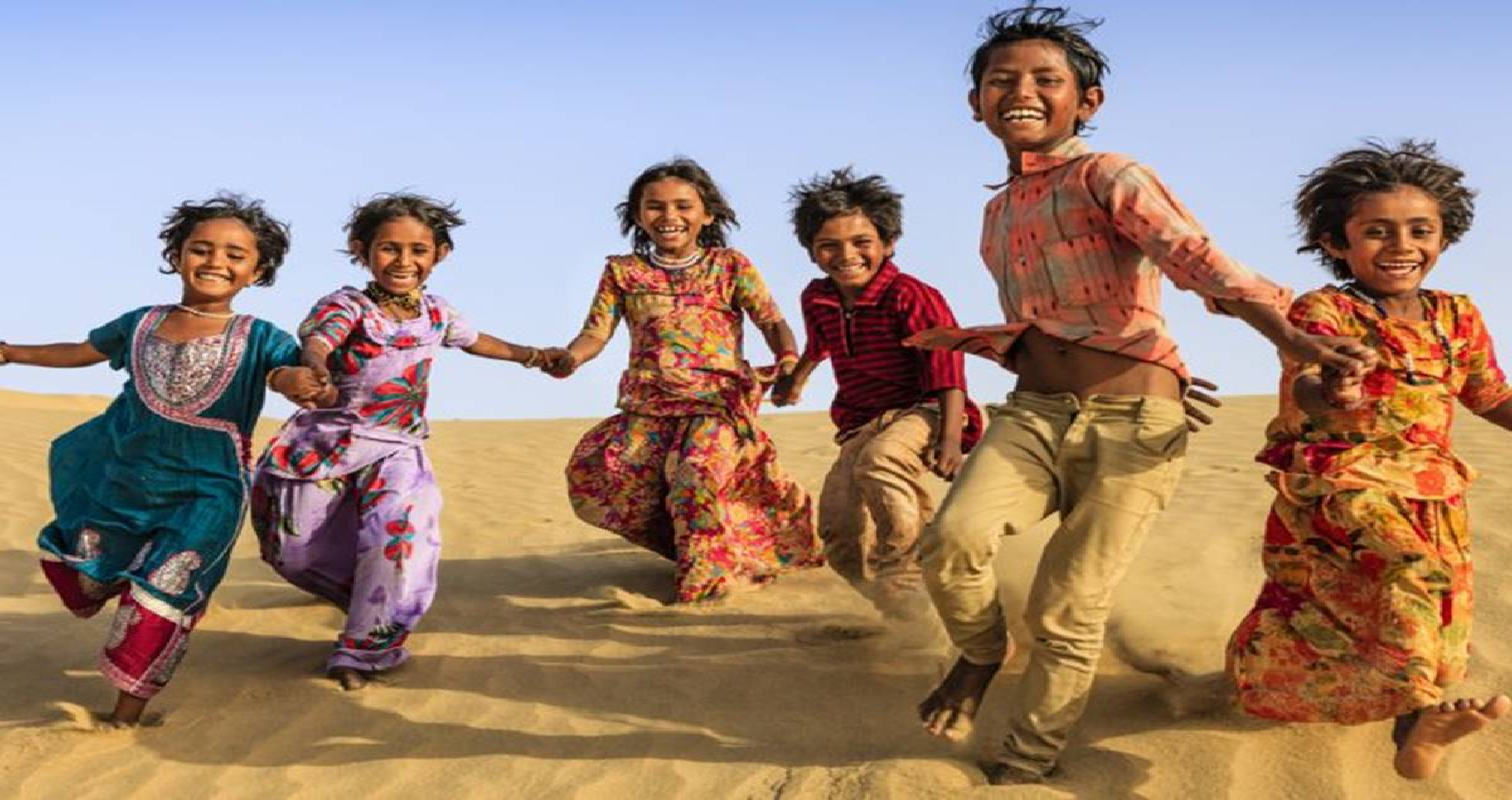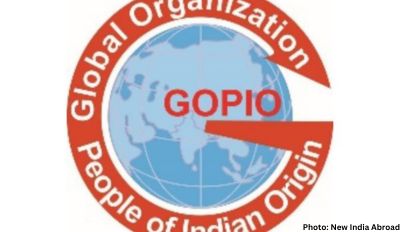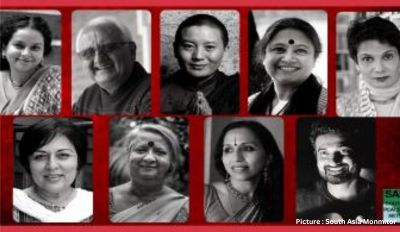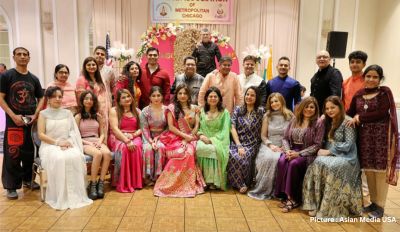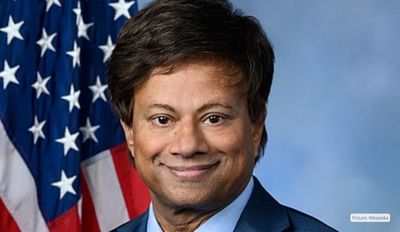Happiness is a difficult thing to measure, but one initiative at the United Nations has been trying to figure it out. Every year, the U.N. Sustainable Development Solutions Network publishes its World Happiness Report—a study that examines the connections between happiness and development, all while encouraging policymakers to place more of an emphasis on the former. Around 1,000 people in each U.N. member state rate their quality of life on a scale from 0 to 10, while researchers cull data from six areas: GDP per capita, life expectancy, social support, trust and corruption, perceived freedom to make life decisions, and generosity.
The World Happiness Report 2021 was released recently, and while the results follow previous trends (every Nordic country made the cut)—the list is a little more interesting amid the COVID-19 pandemic. The report paid special attention to evaluate how different governments have dealt with the pandemic, and how trust in said governments is directly related to overall happiness.
For the fourth year in a row, Finland is number one when it comes to happiness. The country consistently ranks among the top education systems in the world, occasionally beaten out by countries like South Korea, Japan, and Singapore. Much of that success comes from a widespread reverence for teachers, who are required to have a master’s degree (their education is state-funded), and a pedagogical system that focuses less on quantitative testing and more on experiential learning and equal opportunity.
Norway has been dropping in this ranking since 2017, when it held the top spot, and this year it comes in as the sixth-happiest country in the world. Iceland comes 4th, while Netherlands has taken 5th place, Norway 6th, Sweden comes 7th, Luxembourg 8th, New Zealand 9th, and the last of the 10 happiest country is Austria.
Closely following Finland, the second place goes to: Denmark, which rates near the top in all the reported metrics—life expectancy, social support, and generosity among them—but it is also a country hugely committed to renewable energy production (39.1 percent of its energy was wind-generated in 2014). Home to the world’s most bike-friendly city and a coastline that you could spend a lifetime exploring, the country’s happiness certainly comes in part from a respect for the planet it’s built on. But a recent study from the Copenhagen-based Happiness Research Institute (whose existence is probably reason enough for a top spot) narrows down Denmark’s happiness to a number of different categories, including trust in the government, economic security, freedom, civil participation, and work-life balance.
Switzerland, which moved up three spots this year, has taken third place. This European country is where everything is voted on, from how many vacation days workers should have to how many immigrants should be allowed into the country, and referendums down to the local level happen many times a year. This system of direct democracy means that Swiss citizens feel an unparalleled sense of participation in their country’s evolution, from landmark decisions on human rights to whether a new traffic light should be installed in their neighborhood. The Swiss are known to be insular, and it can be off-putting to first-time visitors, but there is a strong social fabric held together by a belief that every voice matters, which can go a long way toward feeling content.
Austria made the cut this year with high scores in life expectancy and GDP per capita. One main takeaway from the institute’s continuing research is that if you want to be happy, the first step is to stop stressing about how happy you are and go for a bike ride. New Zealand beat its neighbor Australia, who didn’t even make the top 10, this year. Luxembourg made quite the upward leap—from 14th to 10th—bumping top 10 darlings Canada and Australia down a few pegs. With a population under 600,000, the small country offers high salaries and a strong social security system to help its citizens after retirement.
Sweden remained in the seventh spot. A high GDP per capita, which it shares with many of its Nordic neighbors, is not the sole reason, either: An emphasis on social equality that is built into the education system starting in kindergarten, 16 months of paid family leave that can be split between a couple after a new child is welcomed into a family, and free day care also make Sweden the best country for women.
In the Netherlands, it turns out, happiness starts young. A 2013 Unicef report rated Dutch children the happiest in the world, based on a number of metrics related to educational well-being, safety, and health. Vincent van Gogh was the exception, not the rule. Iceland ranks high in terms of the proportion of respondents who said they felt like they had a fellow citizen to count on when the going gets rough.

